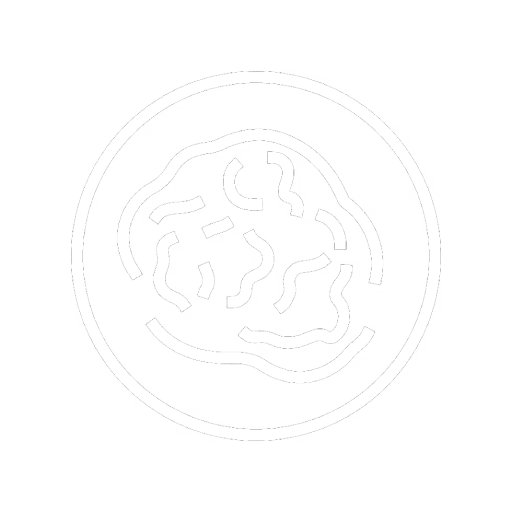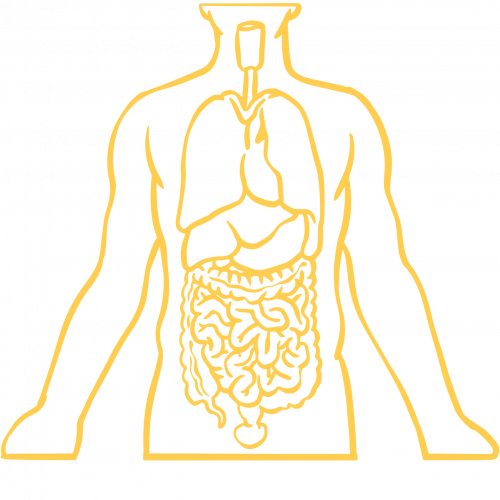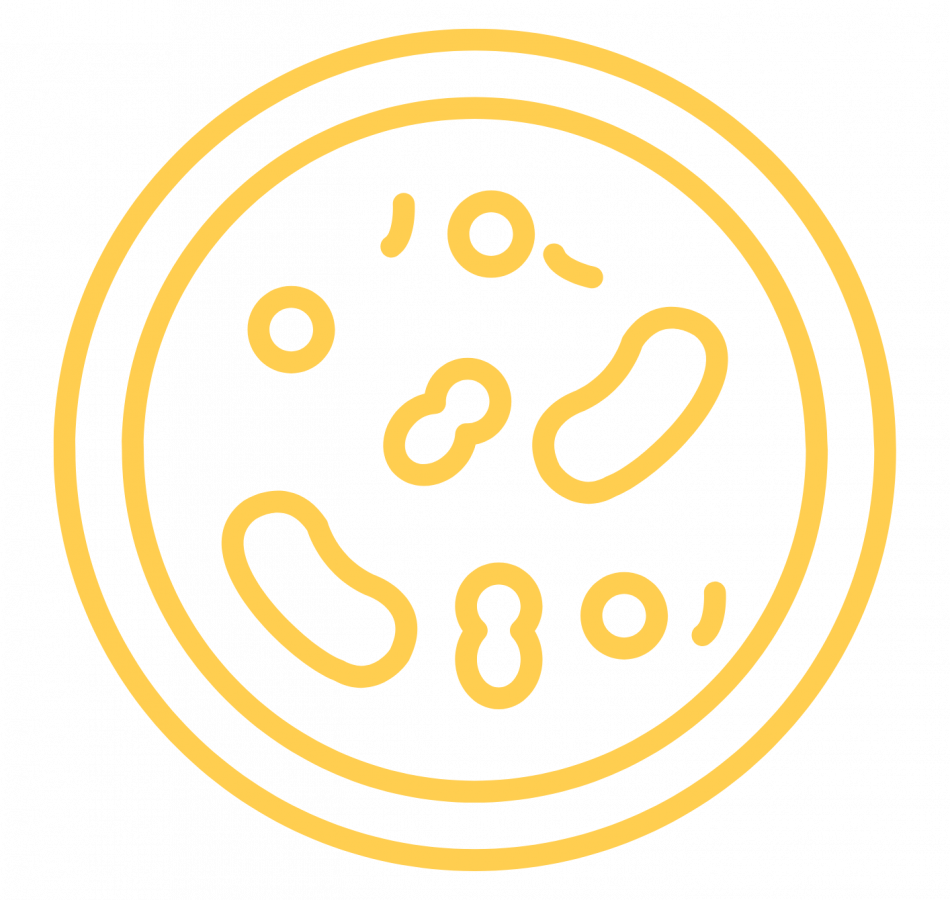THE KEYS WE HAVE DISCOVERED

Repair one system at a time.
Chronic health conditions often present a myriad of confusing and widespread symptoms, leading to a cascade of diagnoses that can leave you feeling overwhelmed or uncertain about your next steps. At the heart of these conditions lies a dysregulated nervous and immune system, making them the key areas to address first.
As such, the main focus needs to be on repairing, rebuilding, and balancing the nervous and Immune systems. If these core issues are addressed the rest is sure to follow.
The IHF Protocol is a nutritional, limbic and lifestyle protocol designed to do the following:
- Rebuild and balance the nervous system
- Rebuild the immune system
- Regulate the microbiome
- Establish proper hydration and electrolyte balance
- Regulate blood flow
- Repair damaged nerves
- Rebuild and balance the nervous system
- Rebuild the immune system
- Regulate the microbiome
- Establish proper hydration and electrolyte balance
- Regulate blood flow
- Repair damaged nerves














